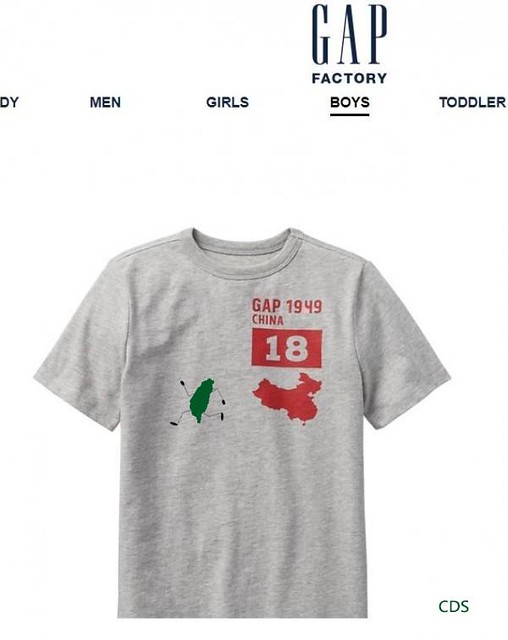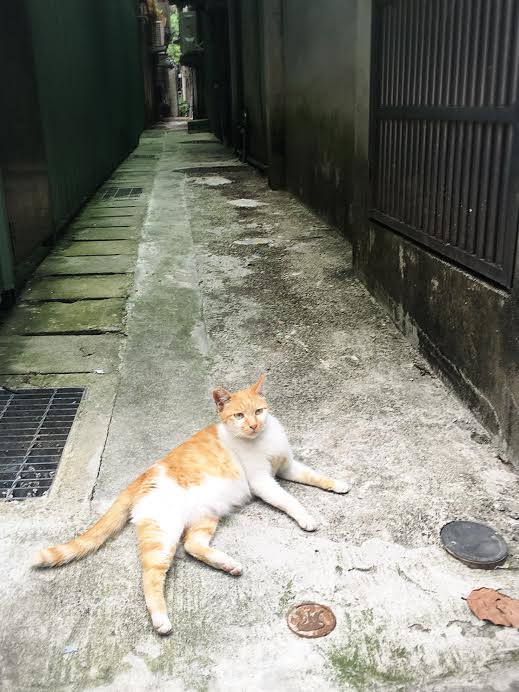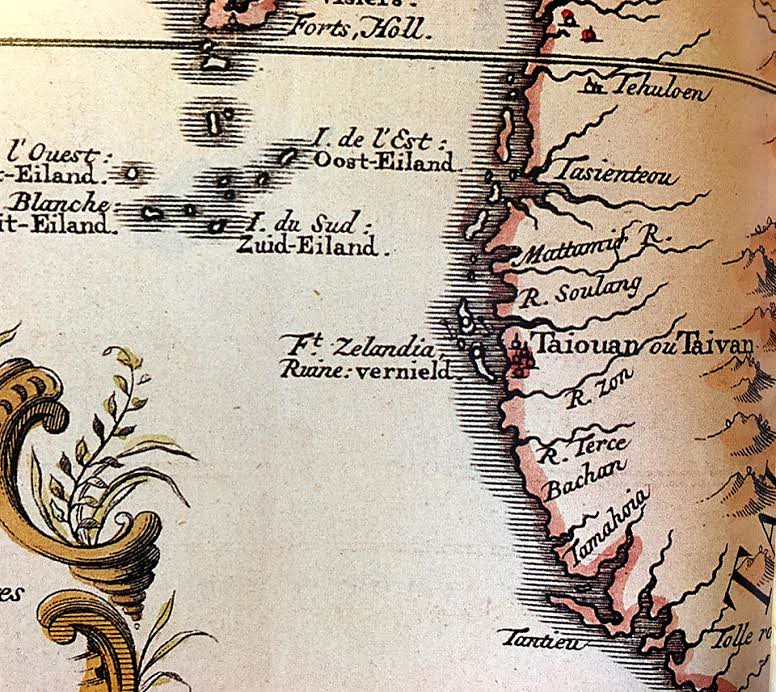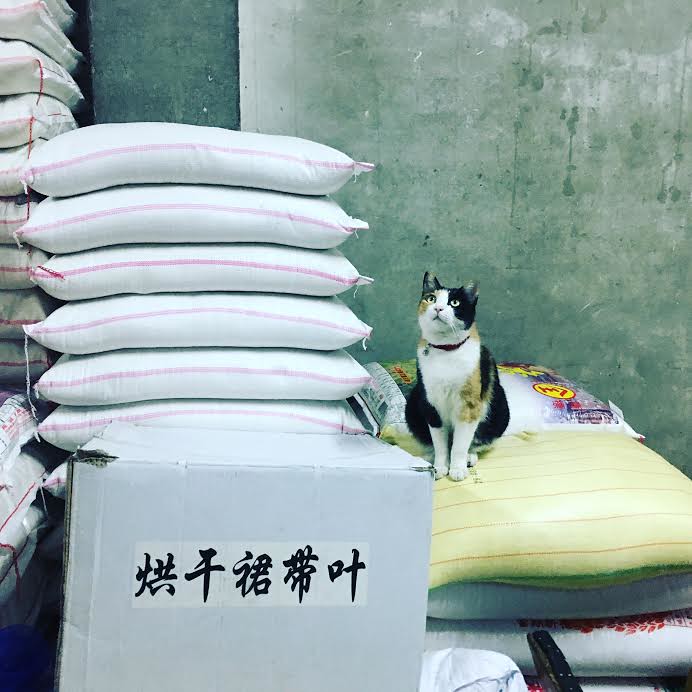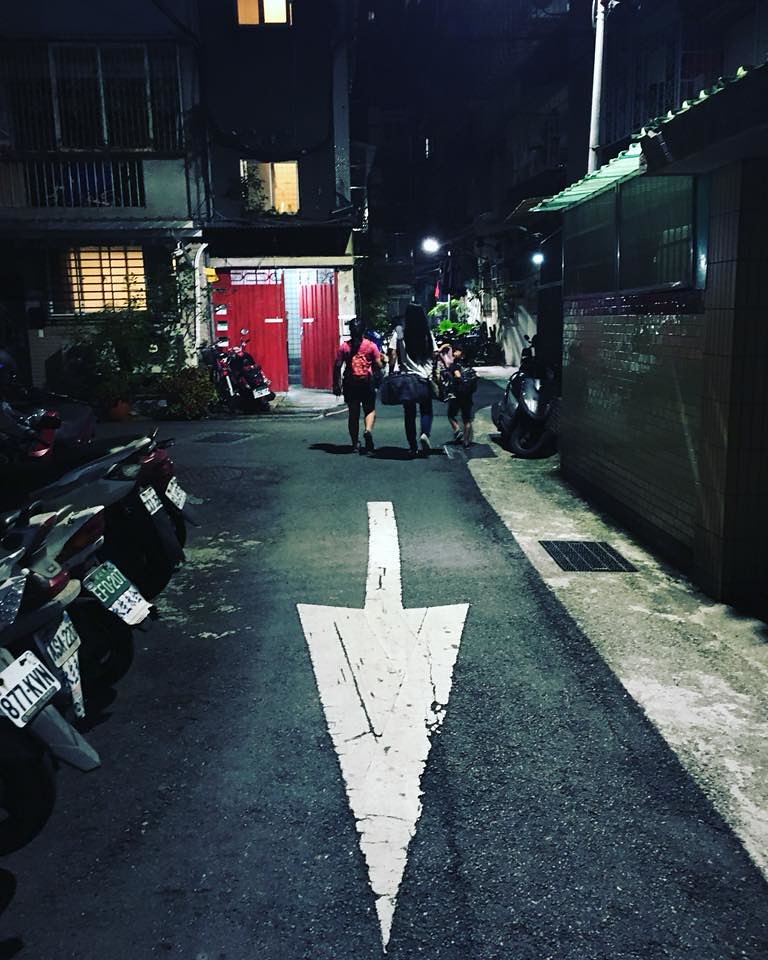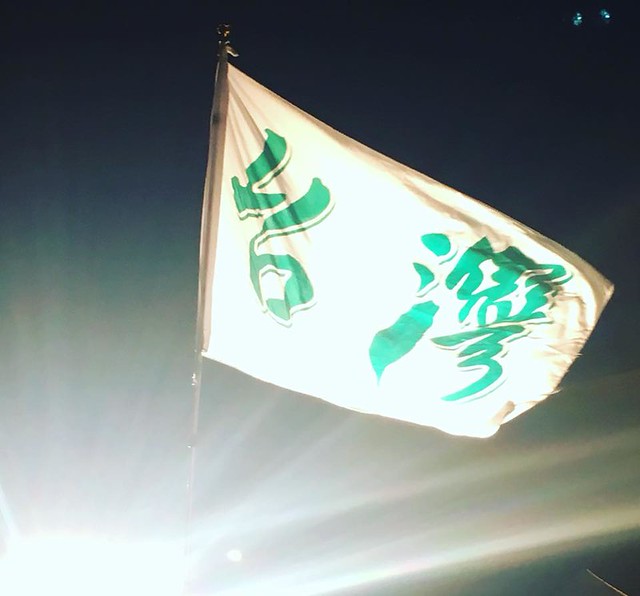 |
| I am quite serious. I want to be on China's blacklist. |
Update: we have a Facebook group! Join us, and apply for China's competitive "Taiwan Separatist Blacklist" position today!
Dear China:
Dear China:
Please consider my application for the position of "blacklisted person" on the "Taiwan separatist blacklist". I learned of this exciting opportunity in The Diplomat and feel that I am a perfect fit for the role. I have the qualities you are looking for in a suitable candidate: I am hardworking, driven and committed to the cause of Taiwanese independence. I mainly contribute through writing, but have been involved in other pro-independence activities which I would be delighted to discuss in further detail.
In terms of personal attributes, I not only support full de jure Taiwanese independence, but also hold many other positions that make me an excellent candidate for the blacklist. I support ending the government of the "Republic of China", which I view to be a colonialist state, and replacing it with a more appropriately-structured "Republic of Taiwan" (or any other suitable name that does not include "China"). I hold progressive values and believe that this vision of the Republic of Taiwan include democracy, human rights (including marriage equality) a fair and independent judiciary and suitable aspects of a social democratic state. Furthermore, I view the Republic of Taiwan as a multicultural entity, based on shared values rather than ethnicity, which has fully come to terms with its unique history as a colonial and settler state. While this history intertwines with China's at several key points, I do feel it to be separate and unique to Taiwan.
As a result, I bring to the table not only a strong support of Taiwanese independence, but progressive values which many candidates may lack and which (despite the requirements being somewhat vague) I understand your organization holds in particularly high regard when considering successful applicants to the blacklist.
On a personal note, it has always been my dream to be blacklisted and banned from China, and selecting me for this coveted position on your blacklist will be a culmination of my work as a writer to this date.
In terms of personal attributes, I not only support full de jure Taiwanese independence, but also hold many other positions that make me an excellent candidate for the blacklist. I support ending the government of the "Republic of China", which I view to be a colonialist state, and replacing it with a more appropriately-structured "Republic of Taiwan" (or any other suitable name that does not include "China"). I hold progressive values and believe that this vision of the Republic of Taiwan include democracy, human rights (including marriage equality) a fair and independent judiciary and suitable aspects of a social democratic state. Furthermore, I view the Republic of Taiwan as a multicultural entity, based on shared values rather than ethnicity, which has fully come to terms with its unique history as a colonial and settler state. While this history intertwines with China's at several key points, I do feel it to be separate and unique to Taiwan.
As a result, I bring to the table not only a strong support of Taiwanese independence, but progressive values which many candidates may lack and which (despite the requirements being somewhat vague) I understand your organization holds in particularly high regard when considering successful applicants to the blacklist.
On a personal note, it has always been my dream to be blacklisted and banned from China, and selecting me for this coveted position on your blacklist will be a culmination of my work as a writer to this date.
As the writer behind Lao Ren Cha (老人茶), a blog which is in English, not Chinese, and my status as commentator rather than activist, I understand that my professional credentials for this highly sought-after position on your blacklist might not be as illustrious as others. However, I can assure you, what I lack in qualifications I more than make up for in passion and vigor. If selected for your prestigious blacklist, I can assure you I will more than live up to expectations as a supporter and perhaps agitator for Taiwanese independence.
Sincerely,
Jenna Cody
Lao Ren Cha

